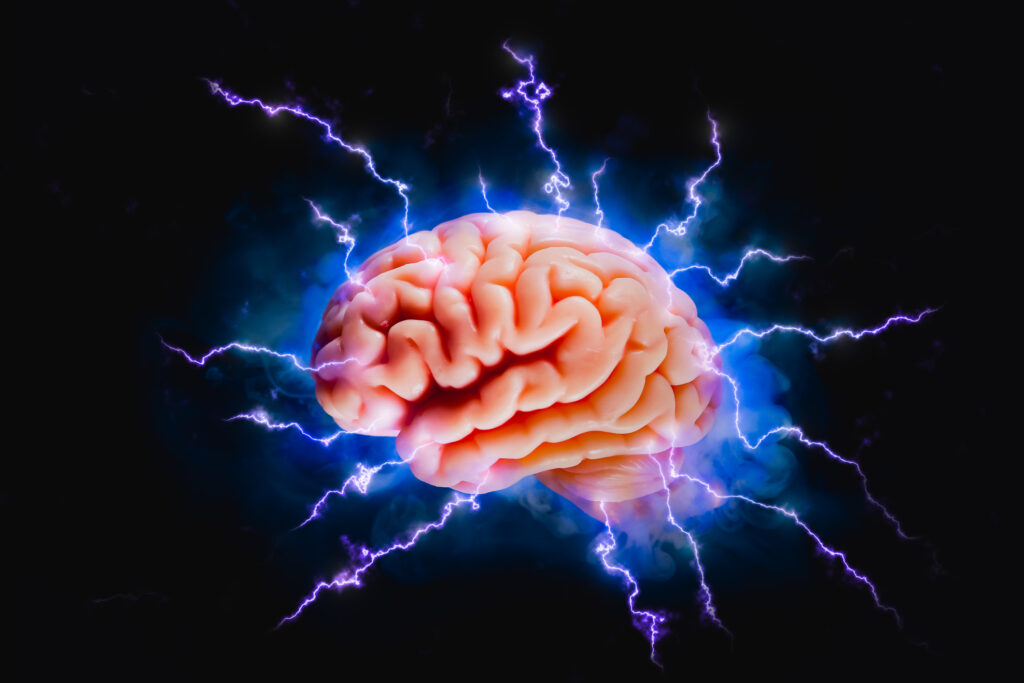
Eating healthy foods is an easy way to try to keep our brains in good shape for as long as possible. Fortunately, the foods that best support brain health are also foods that are often linked to better heart health, blood sugar control, and healthy weight maintenance. Eating them all, while eliminating processed foods and alcohol, might be one key to why some people are healthy and possess mental acuity until they die of old age.
Of course, you probably already know why you should eat a healthy diet, exercise, and take care of yourself. Let’s dive into how you can practice good nutrition and health habits in your everyday life.
Try the MIND Diet
The MIND Diet, which stands for Mediterranean Intervention for Neurodegenerative Delay, tries to minimize dementia risk by providing the brain with adequate nutrition and removing unhealthy elements—such as sugar and highly processed foods with chemicals—that may accelerate cognitive decline. The Mediterranean diet is one of the healthiest diets to adopt if you want to keep your body in good working order. It’s recommended for a myriad of reasons, including heart health, weight management, and overall longevity and wellness.
Another healthy diet is the DASH Diet, which stands for Dietary Approaches to Stop Hypertension. People commonly adopt the DASH Diet to control blood pressure. It has also been linked to better cholesterol profiles.
The optimal diet for brain health incorporates both the Mediterranean and DASH styles of eating.
Studies show that people who follow the MIND Diet closely may be able to reduce their risk of developing Alzheimer’s by up to 53%. Even those who adhere to the rules on a more casual basis might see a 35% reduction in risk.
What to Eat While MINDing Your Brain Health
If you’re unfamiliar with the principles of the Mediterranean and DASH Diets, that’s okay. You don’t need to be an expert in either one in order to begin a whole new lifestyle based on cognitive health.
The MIND diet includes highly nutritious foods such as leafy greens and other non-starchy vegetables, berries, nuts, olive oil, fish, poultry, and—our favorite here at Randall Beans—all sorts of beans, while eliminating processed seed oils, foods with chemical names on the ingredient list, and foods with high fructose corn syrup and other sugary components.
How can beans contribute to cognitive health?
Beans—especially kidney beans and pinto beans—contain Omega-3 fatty acids, which may promote healthy brain function. These fatty acid chains may help regulate neurotransmitters such as serotonin and dopamine, which can keep your brain happy, healthy, alert, and cognitively sharp. Omega-3s may also promote brain growth and tissue maintenance, which might help fight neurological tissue degeneration.
While there are many Omega-3 supplements on the market, food is the best way to get them in pure form. That’s one of the reasons we recommend stocking your pantry with a variety of beans and bean mixes.
In addition to Omega-3s, beans are an excellent source of protein. Protein is the substance your body uses to build and maintain tissue, so that may help preserve vital brain tissue and neurons as well.
Another powerful nutritional factor is the amount of B vitamins in beans. B vitamins not only help with the production of new red blood cells, which keep your tissues oxygenated, but they also help your cells read your unique genetic code, generate energy, and pass neurotransmitters back and forth. These neurotransmitters are what your brain and nerve cells use to communicate with one another, so maintaining this communication is absolutely essential for keeping your body’s functions running smoothly.
B vitamins are water-soluble, which means your body washes away the excess that it doesn’t use on a daily basis. This also means that your body doesn’t store B vitamins for future use, so you need to replenish them every day or risk becoming deficient in these crucial nutrients.
Finally, the folate in beans is a powerhouse of cognitive health. While folate technically falls under the larger umbrella of B vitamins, it deserves a mention of its own. Folate may lower inflammation and homocysteine levels, which are both linked to brain degeneration. Interestingly, folate may also play a part in silencing harmful gene expressions that produce toxic beta-amyloid proteins.
While the results from artificial supplementation are mixed—some studies do say that participants achieved higher IQ scores and better cognitive test scores after taking folate, while others say that folate supplements only boost cognitive function in older people under some circumstances—it’s once again a better bet to get your folate from real, whole foods in your everyday diet.
All of these bean nutrients support brain health, but it’s important to consume them alongside the other MIND Diet staples! Sit down to a nice meal of beans, veggies, and fish cooked with olive oil, feeling confident that you’re doing everything you can, nutritionally, to keep your brain healthy.
——————
If you are concerned about brain health, here’s a little addendum to this article that might be helpful.
Dementia diagnoses are rising in the Western world, leading us to focus on lifestyle changes to protect our brain health. Dementia encompasses many neurodegenerative diseases, including, but not limited to:
• Vascular dementia
• Dementia with Lewy bodies
• Chronic traumatic encephalopathy (CTE)
• Alcohol-related dementia
• Frontotemporal dementia
• Parkinson’s disease
• Alzheimer’s disease
Mixed dementia is diagnosed when a person has more than one type of dementia.
You may be more familiar with some of these types of dementia than others. The comedian and actor Robin Williams had been diagnosed with dementia with Lewy bodies before his suicide in 2014. Actor Michael J. Fox has been living with Parkinson’s disease for decades. CTE is disproportionately diagnosed among professional football players, such as Aaron Hernandez, Ken Stabler, and Frank Gifford, and professional boxers, including Muhammad Ali, who exhibited CTE symptoms years before he was diagnosed with Parkinson’s disease.
The ubiquity of the Alzheimer’s Association has led to many people calling any type of dementia Alzheimer’s disease. However, Alzheimer’s disease has a very distinct pathology that differs from the other types of dementia. It is characterized by a unilateral shrinkage of the brain, while other types of dementia occur within very specific regions of the brain.
There are no cures for dementia. The brain is the only organ in the human body that does not regenerate cells to replace ones that have died. Currently, the only medical interventions for dementia treat its symptoms, but they can’t prevent, slow, or stop the progression of the disease.
Those are the sad facts of neurodegenerative diseases. However, there are some things that you can do to try to maintain optimal body and brain health. Good nutrition is one of those. Research shows that nutrition plays a huge part in keeping brain tissue healthy for the long haul. Aside from hereditary and environmental factors that are out of your control, if you don’t have a nutrient-rich diet that includes fruits, vegetables, beans, and tea, you may have an elevated risk of developing dementia compared to people who eat plenty of those foods.

